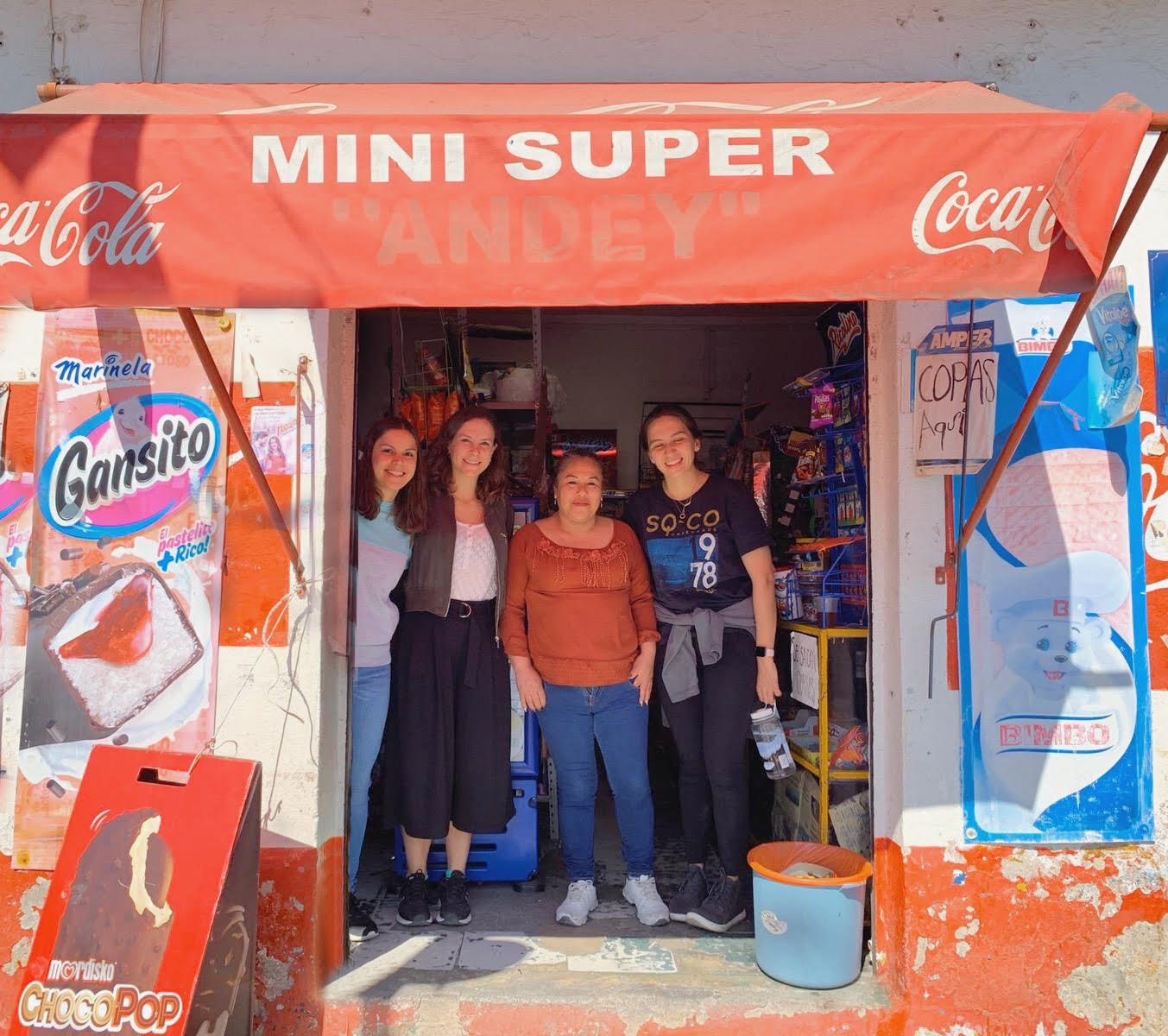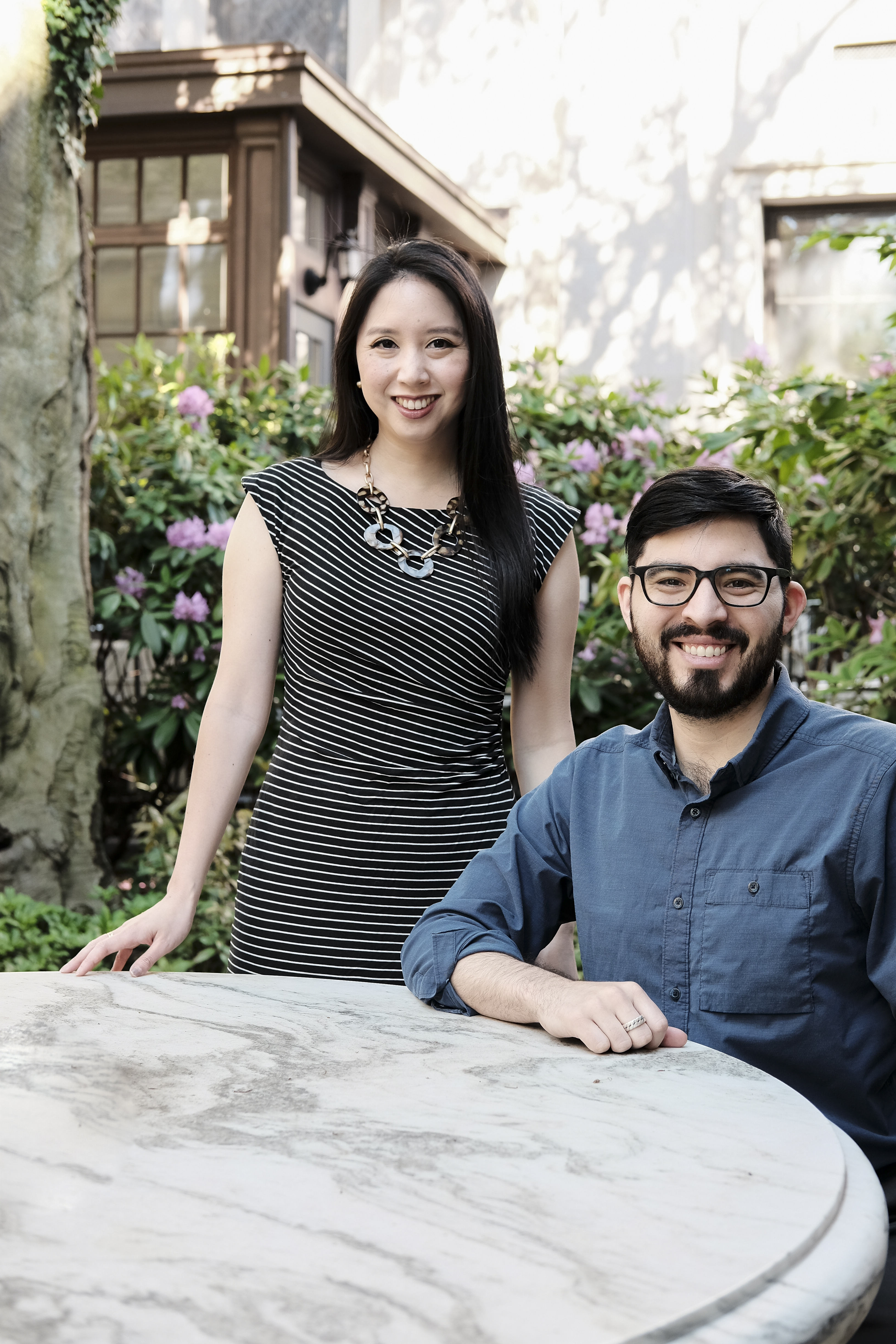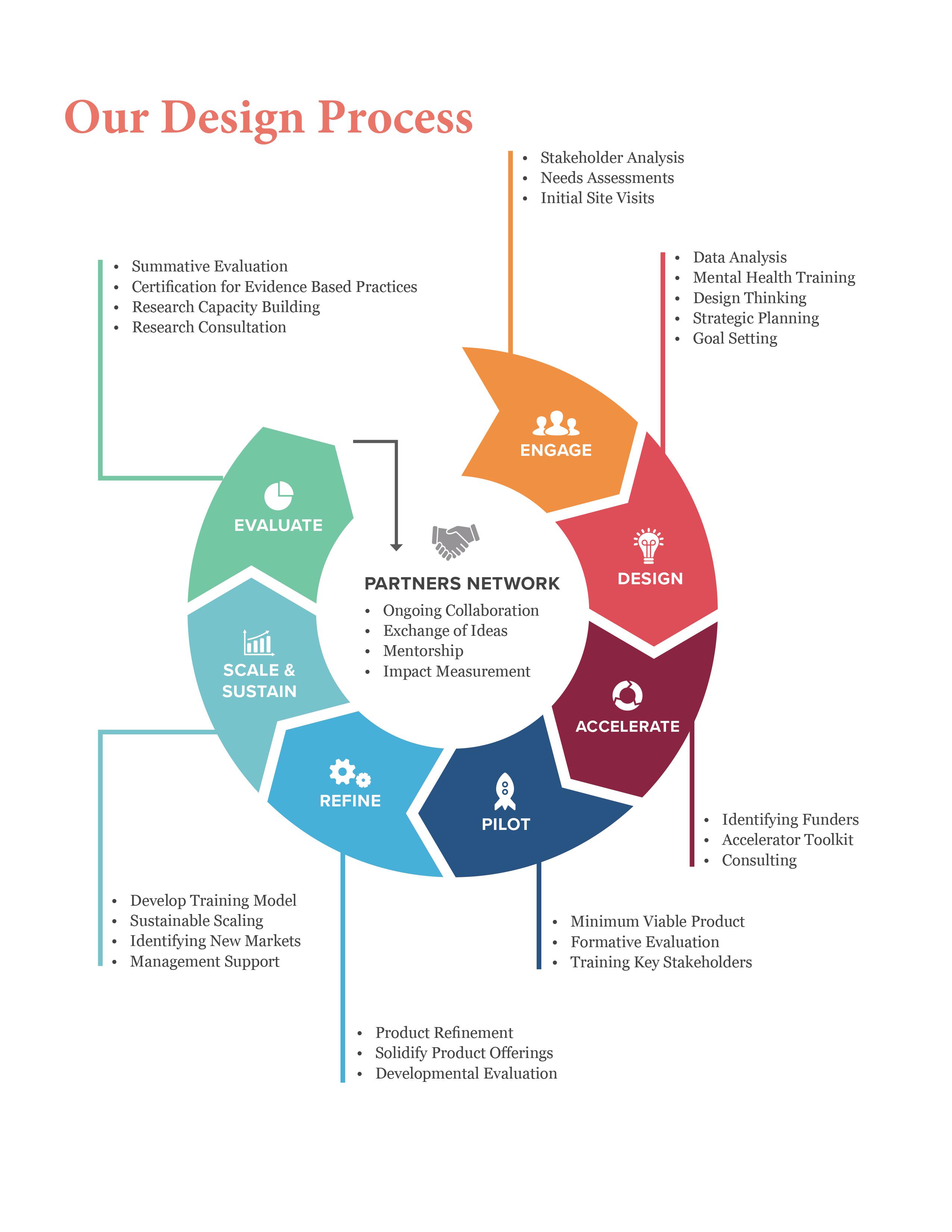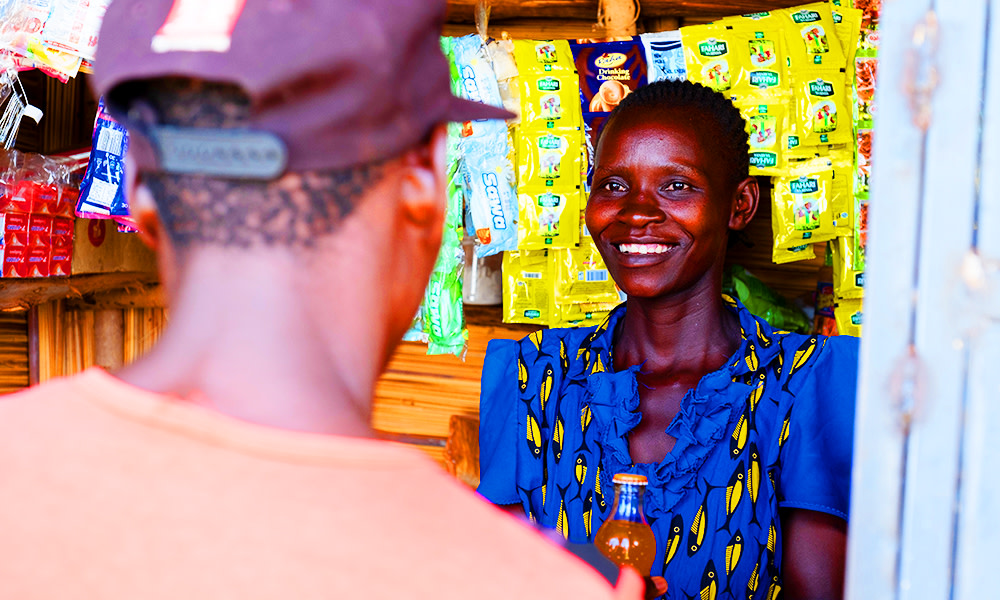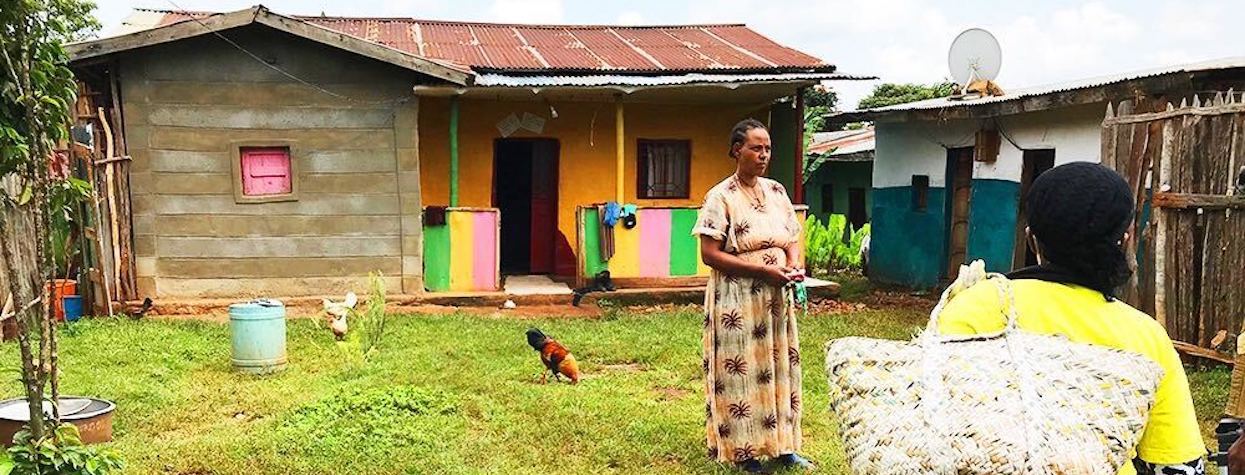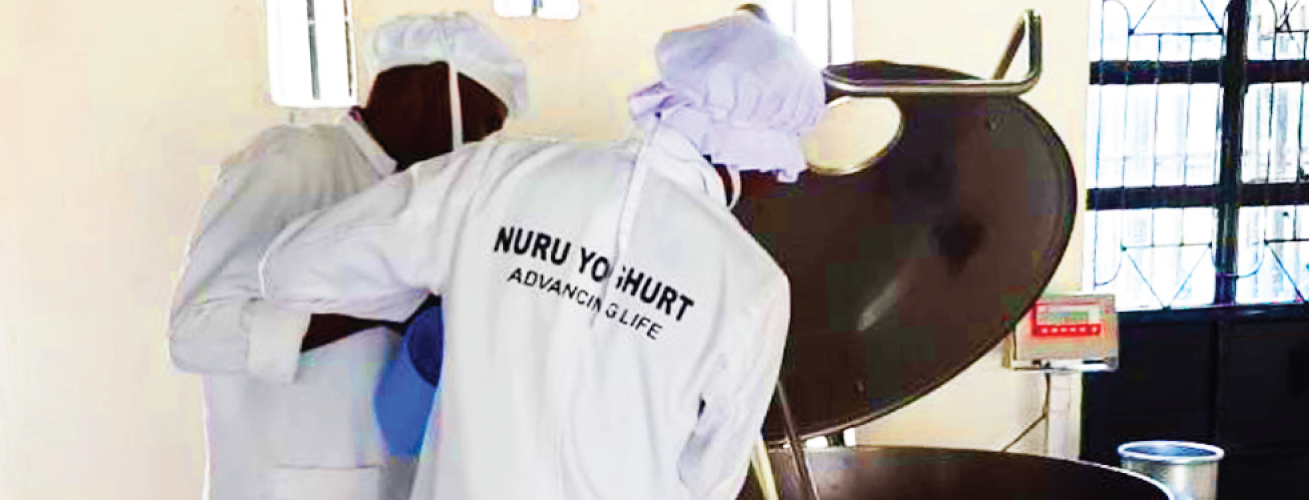Damola Pedro, Abdul-Rahman Buhari, Raqeebat Buhari, and Oreoluwa Olomodosi, wanted to find a way to bridge the gap between youth unemployment and employability in Nigeria. To do this, they needed to find out what skills candidates were lacking when applying to jobs. It was Damola’s own experience using e-commerce platforms on Instagram, where she saw the potential for brands and retail outlets to strengthen their digital marketing in order to drive sales and increase brand awareness.
"Speaking with customers helped me demonstrate courage by stepping out of my comfort zone to meet new people. I found that I enjoyed speaking to the business owners, listening to their pain points and refining the idea to serve them better," says Damola Pedro, Co-Founder, The Brand Custodians.

